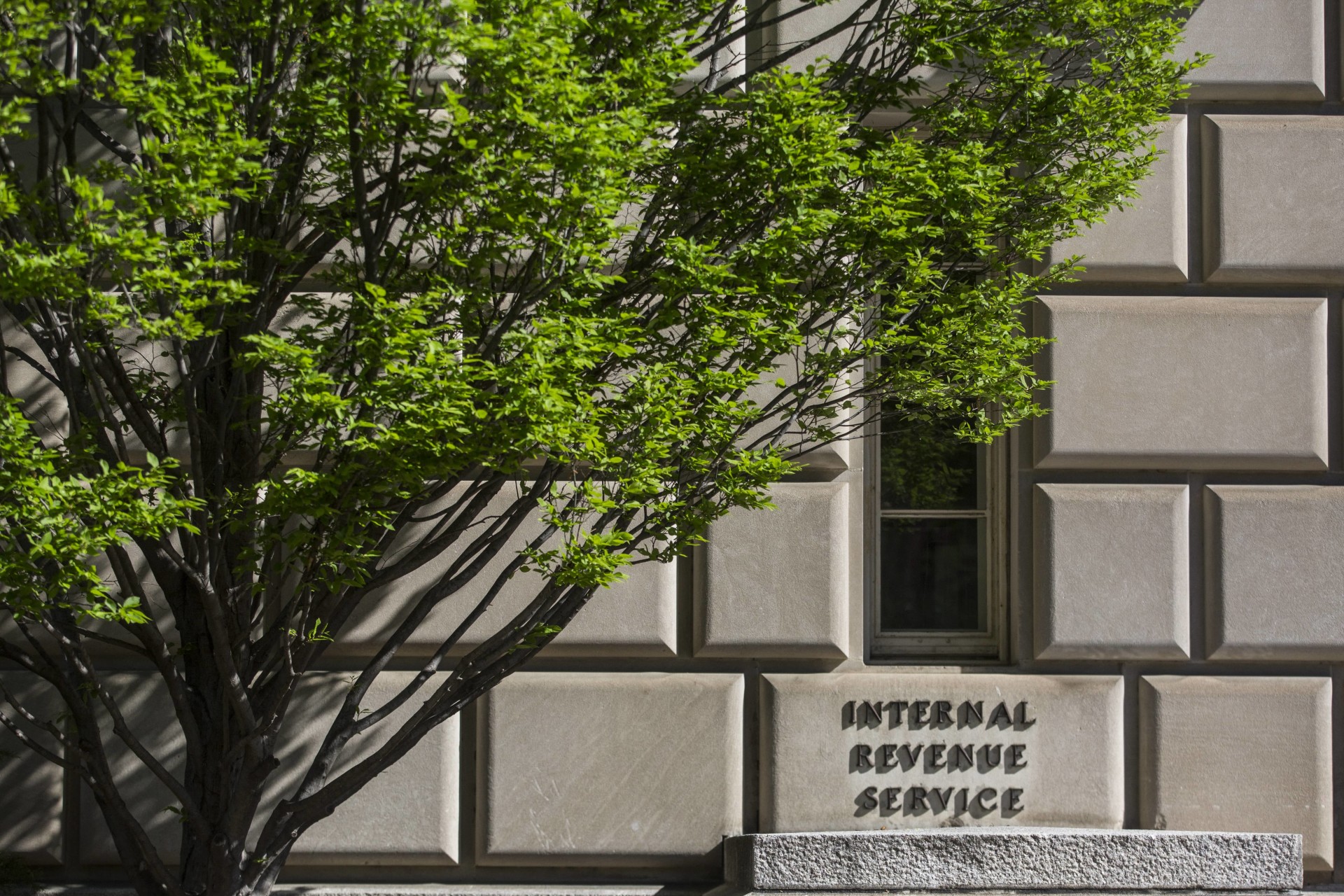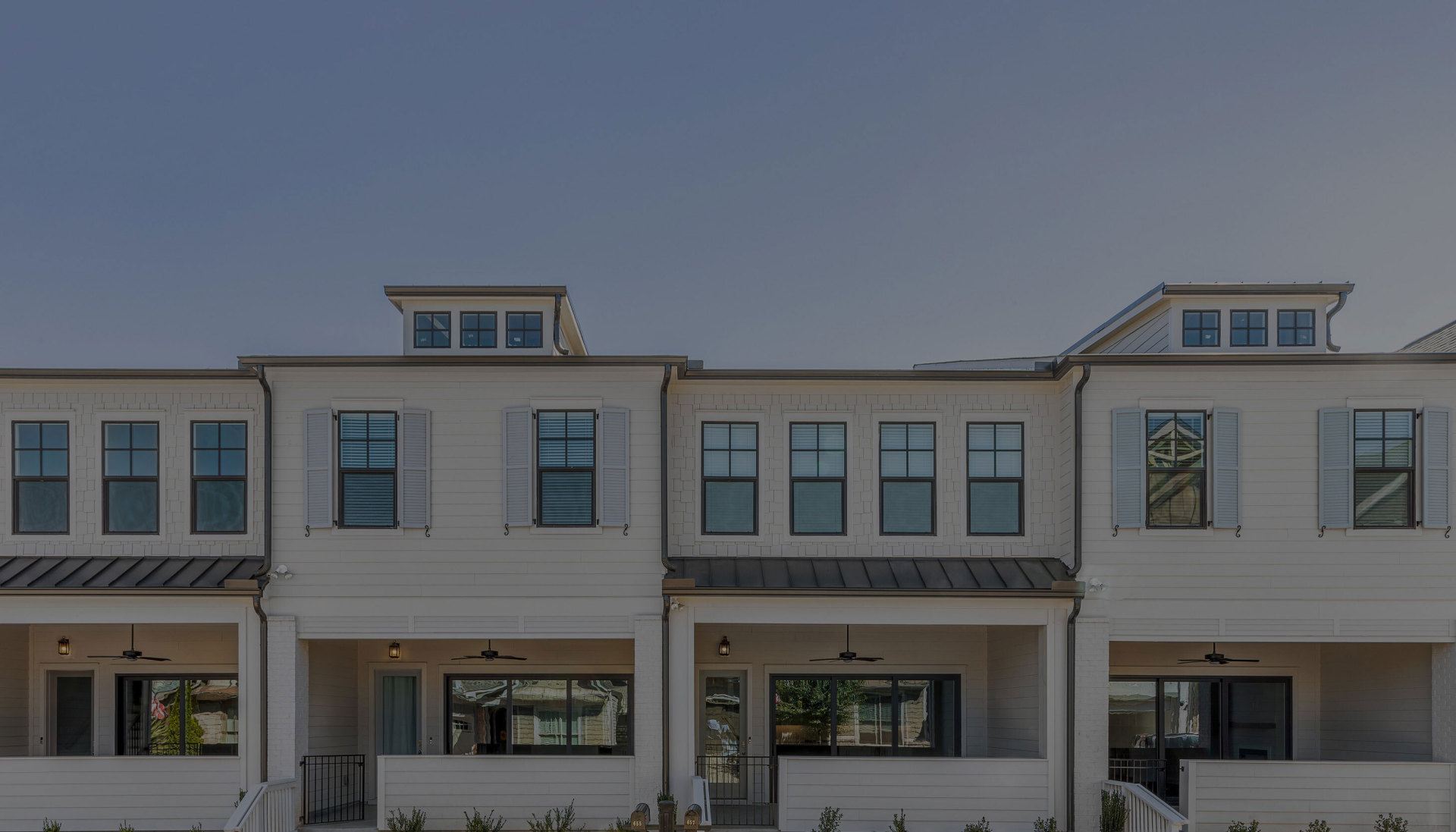For many wanting to buy a house, raising the down payment and covering the closing costs can be barriers to entry. While investing in a single family home is one of the most dependable ways to build intergenerational wealth, most think that building equity is a long slog, but it doesn’t have to be. Some buyers can jumpstart the process through what’s called house hacking.
Hacking is seen as a clever way to solve problems, or to take advantage of a system. Black hat hackers in the computer world are the bad guys, the white hats the good. House hacking is a powerful tool because it allows investors, especially beginners and those without deep pockets, to learn the ropes of property investing and build equity — fast.
Put simply, house hacking involves buying a property that the investor lives in, and then renting out part of it. This way, they can reduce their mortgage payments with the money tenants pay, and in some cases even make a profit. The house hacker can spend this so-called passive income any way they want — pay down the mortgage, make a large purchase, or even save for another home.
Stephanie Engel, who works in accounts payable/receivable at Mynd, and her husband have had good luck hacking their three-bedroom home in Mesa, Arizona. They’ve had tenants who they consider roommates, so they’ve handled things informally, without contracts, but it’s mostly worked out. In her case, the bedrooms are all on the same level, which hasn’t provided a great deal of privacy.
“I bought at a very fortunate time, before the market picked up, for under $90,000,” she says, “so the mortgage payments, which were under $700, have never been an issue. But we decided on a flat rate for each room, which coincidentally covered more than our mortgage. Because of this, we got our house paid off last year, after nine years.”
House hacking requires some extra effort, but millions have done it, and there are numerous ways that investors employ the strategy to buy different kinds of properties.
Tenants with benefits
House hacking has plenty of advantages for the hacker.
The greatest benefit is that, because the investor lives in the property, it gives them access to residential mortgages, where interest rates are lower and the required down payment significantly less than a commercial mortgage.
Investment properties require down payments as high as 25 to 30 percent, but house hackers can often purchase with a down payment as low as five percent, or even less. Loans through the U.S. Federal Housing Administration have down payments as low as 3.5 percent, and can be used to purchase properties of one to four units. (These loans are targeted at first time buyers, but others can qualify, though the government limits borrowers to only one FHA loan as a way to discourage using them to buy investment properties.) Veterans can qualify for loans with no money down through the Veterans Administration.
With down payment of less than $10,000, a home priced at $250,000 can be financed through an FHA loan. Closing costs, which can range from two to seven percent depending on the location ($5,000-$17,000), can be rolled into the loan in some cases. With mortgage rates hovering near three percent, monthly loan payments are around $1,100.
Investment, or commercial, mortgages typically carry interest rates of a half a percentage point to a full percentage point higher than residential loans, so a house hacker saves on interest payments every month. Moreover, house hackers can take advantage of the tax benefits associated with home ownership, while saving on taxes by deducting rental-related expenses and accounting for depreciation. Hacking allows people with modest incomes to live in nicer areas, pay off other expenses, or to make repairs they might otherwise need to defer.
Not having to make mortgage payments allowed the Engels to pay off other debts, like her husband’s student loans.
“We still have roommates even though we’re debt free, since there’s no reason to kick them out,” Ms. Engel says. “It helps pay for home improvements we want to do, including a new roof and a new AC system.”
There are many ways to hack It
Investors are diverse, and so is real estate, and there are, accordingly, many ways for investors to hack their housing. Which one they choose depends on factors like what level of privacy they need, what degree of comfort they prefer, and what sort of neighborhood they want to live in.
Rent by the room
Some hackers buy a single family home with multiple bedrooms, live in one, and rent the other room(s) out. If privacy isn’t paramount, they might even choose to sleep in the living area (or dining room or other bonus room) and rent out the bedroom(s). Folding screens, curtains, or other dividers can provide some privacy, and renting bedrooms brings in more cash. A little creativity can pay off.
Cheryl Lemons, manager of property services at Mynd, purchased a home in Sacramento, California, with her husband in summer 2019, and has had a terrific experience hacking her home.
“It’s a three-bedroom with a large bonus room that was added on at some point,” she says. “It wasn’t our original plan to rent, but a friend was looking, and we worked out a rental agreement and she moved in shortly after we closed. A year later another friend was going through a breakup, and since we had the 400-square-foot bonus room, she converted it into a bedroom.”
With the two roommates, the couple cut their mortgage payments approximately in half. The house dates from 1952, the extra cash has allowed them to follow the rule of thumb of investing one to three percent of their purchase price into maintenance.
“The income has helped us save money, and we use it for home improvements,” she says. “For example we updated our fence, there’s an electrical panel we probably need to replace, and we’ll have to upgrade our HVAC in the coming years.”
The finished basement
Finished basements provide more privacy than sharing rooms in a home, ideally if they have a separate entrance. If the basement has features like a kitchenette and multiple bedrooms, all the better, as it may bring in more rent money.
If the investor has a family, she can live upstairs and rent out the basement. If she lives alone, she may save by living in the basement and renting the larger, upper floors to a family or roommates.
Multi-family housing
Many choose to go big: invest in properties with two, three, or four units (duplexes, triplexes, or fourplexes), live in one themselves, and rent the others. (Anything above four units gets into commercial real estate, which presents a higher degree of difficulty.) The more units, the more income, so if their expenses allow it, investors can generate cash flow after making mortgage payments.
Single family homes tend to appreciate more than multi-family homes because institutional investors and private buyers are competing for them, driving up prices. The premium on single family homes may be easier to recoup than on a multifamily property.
Additional dwelling units
Often referred to as in-law housing or guest housing, Additional Dwelling Units (ADUs), physically separate from the main property and often in a backyard, provide maximum privacy for both investor and tenant. Not all municipalities allow ADUs, so property owners should check local regulations before buying a truckload of two-by-fours and erecting a cottage in the yard.
The live-in flip
Investors willing to put in some labor can purchase a property that needs some work, live there for at least two years while making improvements, then sell it after sprucing it up. After two years, an investor can sell and pay no capital gains on the first $250,000 of net proceeds.
Not everyone is a hacker
House hacking isn’t for everyone. To get the benefits, one has to put in the work.
It can take some effort to find the right property in the right area. Some HOAs (Homeowner Associations) prohibit non-owner occupancy. Similarly, some areas don’t allow for short-term rentals through popular services like Airbnb. Homes in areas with low demand, on the other hand, may be affordable but difficult to rent out.
To get the tax benefits, hackers also file the correct paperwork at tax time. They’ll have to fill out Schedule E, the Supplemental Income and Loss form, and account for expenses to maximize their savings.
And there are downsides to hacking, including:
- Unrealistic expectations about rents. The house hacker is ultimately responsible for the mortgage so if rents fall short, the investor needs to make up the difference.
- periods need to be taken into account. Again, the property owner needs to pay the mortgage monthly.
- Loss of privacy. Those with children may be wary of having unfamiliar people around.
- The house hacker has to assume the costs of all .
- Tenants have rights and landlords have to respect those rights.
- an unpleasant or unruly tenant can be a difficult process.
Being a landlord isn’t for everyone. Tenant screening is an important part of the success of any property owner. House hackers can hire agencies to perform background checks and credit checks for potential tenants, as well as verify their income. For house hackers, it’s crucial to find the right tenant, since they are sharing space.



